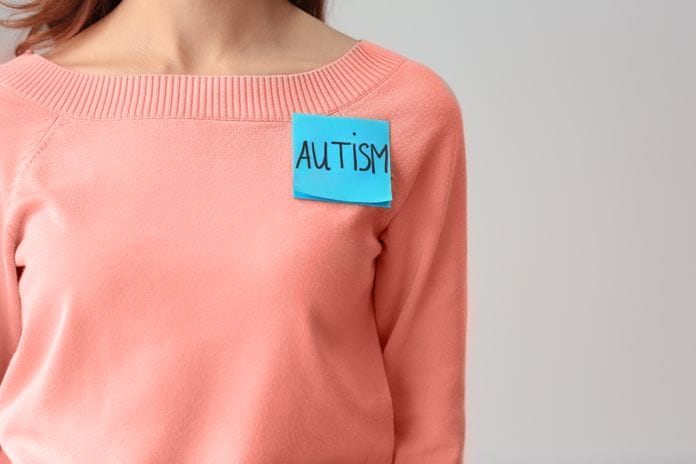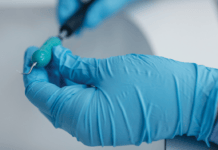Hygiene students learn so much from the hygiene program. However, there’s so much more to learn once we have graduated, passed boards, become licensed, and enter the working world. As a new grad, there are many “first time experiences.” One such experience I encountered as a new grad was treating an autistic patient for the first time. Yes, we read about how to manage an appointment with special needs patients. However, each patient is different and unique in their own way, and experiencing special treatment needs for the first time can be challenging whether you are new to hygiene or a seasoned hygienist. So how do we manage special needs patients who we are treating for the first time as a new grad?
I have been practicing for about a year now, and as a new graduate, I had not encountered an autistic patient until I started working. The very first time I had an autistic patient in my chair, it was difficult for me because this was my first encounter with him. However, I felt a sense of relief because, for me, that meant I had the opportunity to learn more about my patient and the way to go about his treatment that would lead to the most successful outcome as possible.
As I approached the waiting room to bring my patient back, I knew one important thing to do was to speak to his caregiver about how she communicates with him, as this particular patient has low-functioning autism and a very limited ability to communicate. Communication information from my patient’s caregiver would help me know how to go about the rest of the appointment.
Something that stood out to me when reviewing my patient’s health history was HIS history of seizures.
I did inquire with my patient’s caregiver how long it had been since the last seizure, and how it was handled. Since it had been an extended period of time since the patient’s last seizure, I made a note of what the caregiver told me and continued with the appointment.
While moving through the appointment, I had to keep in mind that my patient could not communicate with me, so showing him everything I was going to do (scale, polish, floss, etc.) before actually doing it, was imperative. I needed him to see so he could understand, and not be afraid, of what I was doing during his treatment. Communicating with your patient in a way that he or she can understand and trust you is key no matter who the patient is or whether or not they have special needs.
For me, it was difficult to get any kind of radiographs on my patient because he was a little hyper and would get frustrated at moments. I gave him small breaks so that he would not feel overwhelmed by everything that was going on. With autistic patients, it is important to keep their dental appointments short so that they do not become too overwhelmed.
Something that my patient’s caregiver advised me to do was to keep praising him (use positive reinforcement), so he would feel comfortable and secure. That was great advice for me in order to make the appointment run smooth. What I did find difficult during this appointment was using my instruments. As I tried to keep them out of my patient’s line of sight, he kept closing his mouth and would not let me enter his mouth with my instruments. I felt like I was not going to be able to much treatment-wise because he also did not tolerate the ultrasonic.
I then showed my patient my polisher and explained how it worked. He seemed to do better with it than he did with the ultrasonic and hand instruments. I was able to polish all his teeth, as well as floss, but still took very small breaks in between to keep his stress level down.
From this experience as a new grad, the best advice from me to other new grads is to be patient and understanding with autistic patients. We cannot fully understand the way they view things, but we can sure help them feel that we care for them and that we want to help them as much as anyone else who sits in our chair. Being able to see the patient and his caregiver leave with a smile on their face because I was able to help them, was priceless. I encourage all new grads to learn as much as they can during these “first time experiences,” as it will only help you grow as a clinician.
SEE ALSO: The Importance of Knowing a Patient’s Health History
DON’T MISS: Keeping It Real as a New Hygiene Grad










